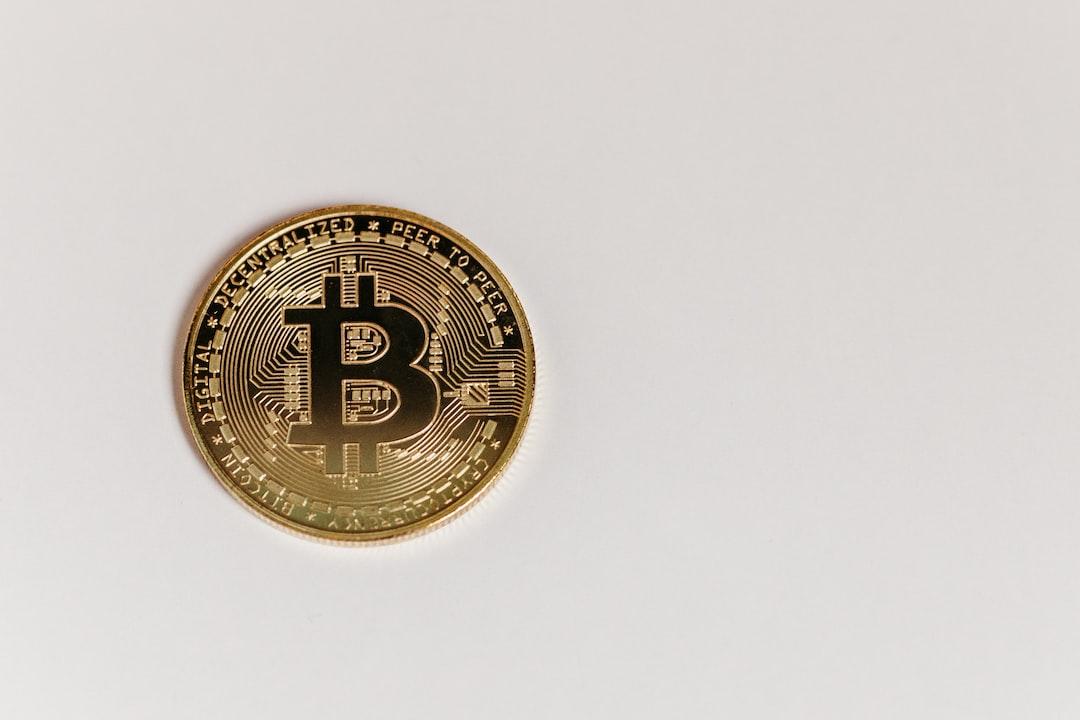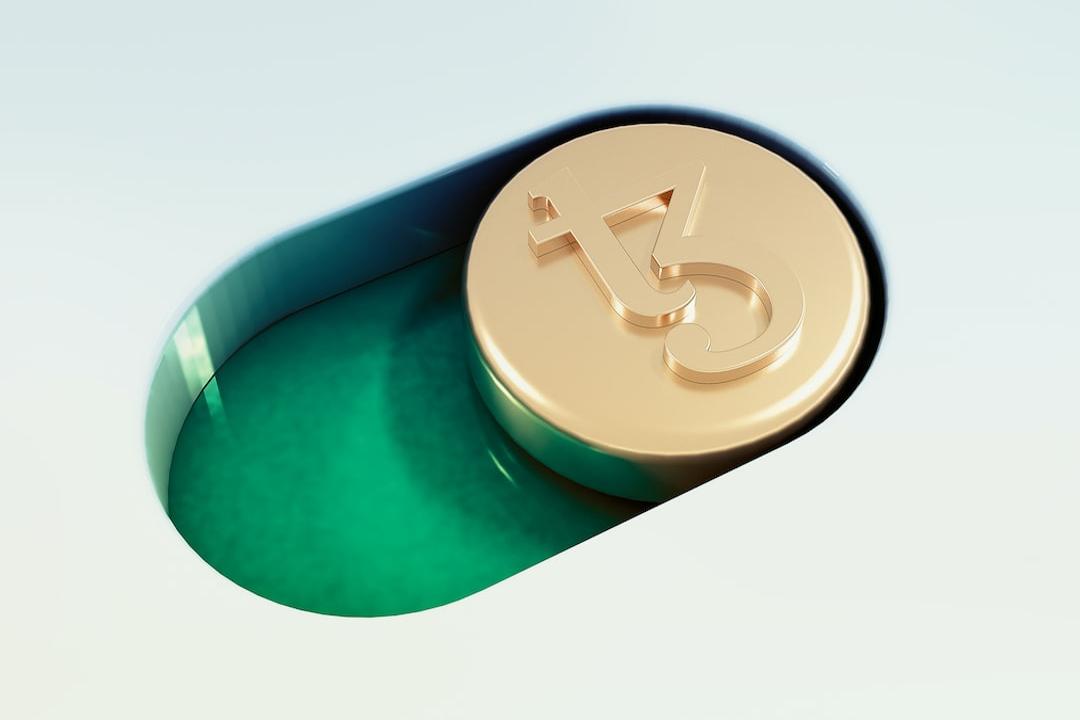Ardoino Discusses Stablecoin Legislation: Tether’s Compliance and Developing Countries as Primary Markets for USDT
The industry-supported stablecoin regulatory bill, the “GENIUS Act,” has passed in the Senate.
The world’s largest stablecoin issuer, Tether, CEO Paolo Ardoino, mentioned the impact of this legislation on Tether and the company’s future plans during an interview with Bloomberg Television last Friday (5/23).
(The U.S. “GENIUS Act” comprehensively regulates payment stablecoins: issuance thresholds, reserve standards, and regulatory systems are all clearly defined)
Tether closely monitors compliance with the “GENIUS Act”
Ardoino stated, “For us, it is very important to understand how the ‘GENIUS Act’ differentiates between foreign issuers and domestic issuers. We are examining the ‘GENIUS Act’ in a way that allows us to comply with regulations while still focusing on overseas markets.”




Ardoino emphasized that Tether’s primary market remains the 3 billion people in developing countries who lack bank accounts and do not utilize banking systems. However, they are seeking to issue stablecoins in a way that serves the significant U.S. market.
The stablecoin bills in both the House and Senate require stablecoins to be fully backed by “safe assets” such as cash and short-term government bonds, and require issuers to comply with the Bank Secrecy Act and anti-money laundering regulations.
“Stablecoins are definitely important in the U.S., but in reality, you can make payments in various ways in the U.S., including through PayPal, debit cards, credit cards, and cash,” Ardoino said.
Although Tether currently does not serve U.S. customers, most of the company’s reserve assets comply with the proposed U.S. legislation. The company also utilizes assets such as Bitcoin and secured loans that are not permitted to support its tokens. Due to its scale, if Tether chooses to apply for a U.S. license under such rules, it will be subject to federal-level regulation.
Ardoino criticizes the MiCA legislation, claiming Europe is lagging behind the U.S.
In the interview, Ardoino also mentioned the European MiCA legislation, noting that the requirement for stablecoin issuers to place most assets in bank deposits creates unfavorable conditions, referencing the previous Silicon Valley Bank run incident. However, the “GENIUS Act” allows stablecoin issuers to hold assets in more diverse products such as U.S. Treasury bills and money market funds, which Tether is currently also doing.
(The market cap of USDT shrinks due to MiCA coming into effect; Tether chooses to invest rather than sacrifice profits to indirectly participate in the EU market)
Furthermore, Tether has collaborated with the FBI and the U.S. Department of Justice for many years and strictly implements KYC and AML measures. Ardoino believes that Tether’s operations in the U.S. should pose no issues!
Tether actively promotes comprehensive transparent audits
In March, Tether appointed a new Chief Financial Officer, Simon McWilliams, who has over 20 years of experience in investment management and financial auditing. He will be responsible for advancing Tether’s ongoing commitment to transparency and regulatory readiness. This appointment is an important step for Tether in strengthening its financial management and transparency.
Tether currently conducts quarterly certifications with BDO, one of the world’s top five independent accounting firms, while its asset reserves are managed by Cantor Fitzgerald & Co., which was recently led by former Trump Secretary of Commerce Howard Lutnick.
The more favorable regulatory environment in the U.S. has also propelled Tether toward reserve audits with the Big Four accounting firms. Ardoino stated that Tether is still in discussions with these firms and said, “Comprehensive audits are our top priority.”
Are banks considering jointly issuing stablecoins, and is Tether concerned?
As stablecoins are crucial for the operation of the cryptocurrency market, the circulation scale of stablecoins has reached $248.9 billion. Last Friday, The Wall Street Journal reported that a consortium of major banks, including JPMorgan Chase, Bank of America, Citigroup, and Wells Fargo, is exploring the possibility of jointly issuing stablecoins.
Ardoino stated, “We are not worried about competition from big banks because they will focus on the Western world. Our customer base consists of the 3 billion people who lack bank accounts and do not use banking systems.”
Risk Warning
Investing in cryptocurrencies carries a high level of risk, and prices may fluctuate dramatically, potentially resulting in the loss of your entire principal. Please assess risks cautiously.
